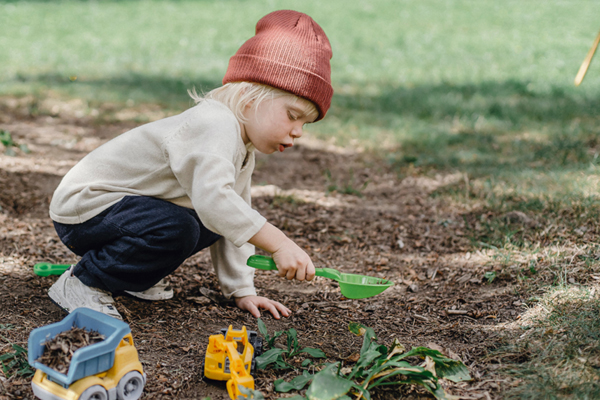-
- The significance of play in child development.
- An overview of the book's goal: to emphasize the connection between play and learning.
-
Understanding Play:
- Different types of play (e.g., imaginative play, constructive play, physical play) and their role in a child's growth.
- The cognitive, social, and emotional benefits of play.
-
Play and Brain Development:
- How play stimulates brain development, creativity, and problem-solving skills in children.
- Insights from child development experts and research on the subject.
-
The Importance of Unstructured Play:
- The value of free, unstructured playtime.
- Encouraging independence and self-discovery through play.
-
Play in Different Stages of Childhood:
- Age-appropriate play activities for infants, toddlers, preschoolers, and school-age children.
- How play evolves as children grow.
-
Fun and Educational Activities:
- A wide range of play-based activities designed to promote learning. These could include:
- Creative art projects that encourage self-expression and fine motor skills.
- Building and construction activities that enhance problem-solving and spatial skills.
- Imaginative play scenarios that foster storytelling and language development.
- Outdoor activities that promote physical health and a connection to nature.
- Games and puzzles that develop critical thinking and teamwork.
- A wide range of play-based activities designed to promote learning. These could include:
-
Playful Learning Environments:
- Creating spaces and settings that encourage play and exploration.
- The importance of age-appropriate toys and materials.
-
Screen Time and Play:
- Guidelines for healthy screen time usage for children and the importance of balancing screen activities with physical and imaginative play.
-
The Role of Adults in Play:
- How parents, caregivers, and educators can support and enhance a child's play experiences.
- The art of observing and engaging in a child's play without directing or interrupting.
-
The Impact of Play on Social Development:
- How play helps children build friendships, empathy, and communication skills.
- Addressing conflict resolution and sharing during play.
- Play as a Foundation for Learning:
- How the skills developed through play contribute to success in school and beyond.
- Encouraging a lifelong love of learning through playful exploration.
- A summary of the key takeaways from the book.
- Encouragement for parents, caregivers, and educators to prioritize play as a tool for child development.
This book would serve as a valuable resource for parents, teachers, and anyone involved in the care and education of children, highlighting the pivotal role that play plays in nurturing young minds and promoting holistic development.




Comments (0)